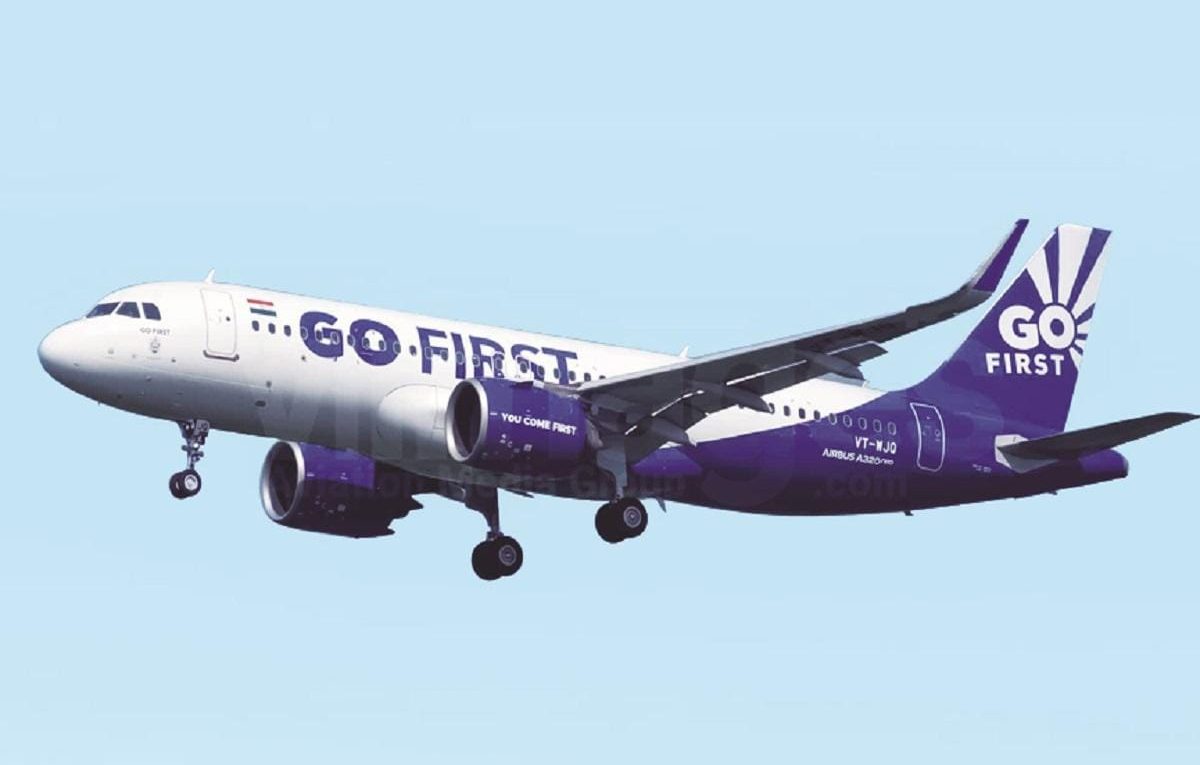HC reserves order on plea by Go First’s lessors seeking release of aircraft
The Delhi High Court on Thursday reserved its order on petitions by Go First lessors against the Directorate General of Civil Aviation (DGCA) to release their aircraft currently in the possession of the cash-strapped airline.
The Directorate General of Civil Aviation had earlier informed the Supreme Court that it did not reject the request of the Go First lessors to cancel the registration of the aircraft, but kept the (de-registration) process pending due to the moratorium. A moratorium is the suspension of all or some of the legal remedies against the debtor (in this case Go First).
Go First lessors moved the Supreme Court against the DGCA shortly after NCLAT, on May 22, upheld the order of the National Company Law Tribunal (NCLT) in Delhi. The NCLT accepted Go First’s application for voluntary insolvency on May 10.
The petitions were filed by Pembroke Aircraft Leasing 11 Limited, Accipiter Investments Aircraft 2 Limited, EOS Aviation 12 (Ireland) Limited, DAE SY 22 13 Ireland Designated Activity Company, SFV Aircraft Holdings IRE 9 DAC LImited, ACG Aircraft Leasing Ireland Limited, SMBC Aviation Capital Limited. They all gathered together to listen.
The lessors argued that according to the Irrevocable Export and Deregistration Authorization (IDERA), it was mandatory for the Directorate General of Civil Aviation to deregister the aircraft upon their request.
The lessors told the court that according to Rule 30(7) of the Aircraft Rules 1937, the registration of an aircraft in India to which the Cape Town Convention applies, must be canceled by the Central Government without seeking permission from the aircraft carrier if the IDERA owner (the lessor) gives an application to cancel a contract rent.
“There is no concept of refusal or annulment. They (the DGCA) should cancel the leases,” senior attorney Arun Kathpalya, appearing on SMBC Aviation, said.
Meanwhile, Accipiter has argued that Go First cannot resume operations because the aircraft is not theirs to fly. Accepetre’s lawyer asked, “How can they fly planes when India’s life is in danger?”
Justice Tara Vitasta Jangu of the Delhi High Court heard the arguments until 6pm on Thursday and reserved the order.
The Interim Resolution (IRP) expert at Go First on Tuesday told the Delhi High Court that parallel proceedings could not take place in the case and that the court could not interfere in the settlement process.
The IRP reiterated this again at the May 31 hearing.
Senior Advocate Harish Salif, who appeared before the IRP, told the court that a court of jurisdiction (the Supreme Court in this case) should not interfere with the settlement process after the insolvency application has been accepted by the NCLT.
He said there were several Supreme Court rulings that said that.
“The courts should not interfere with the insolvency and bankruptcy law (IBC) process because the essence of the process is that it is time-bound. Interests start to accumulate with each passing day on all receivables,” Salvi said.
He said if the court were to release the aircraft as per the request of the lessors, the airline would not be able to resume operations and thousands of employees would lose their jobs.
